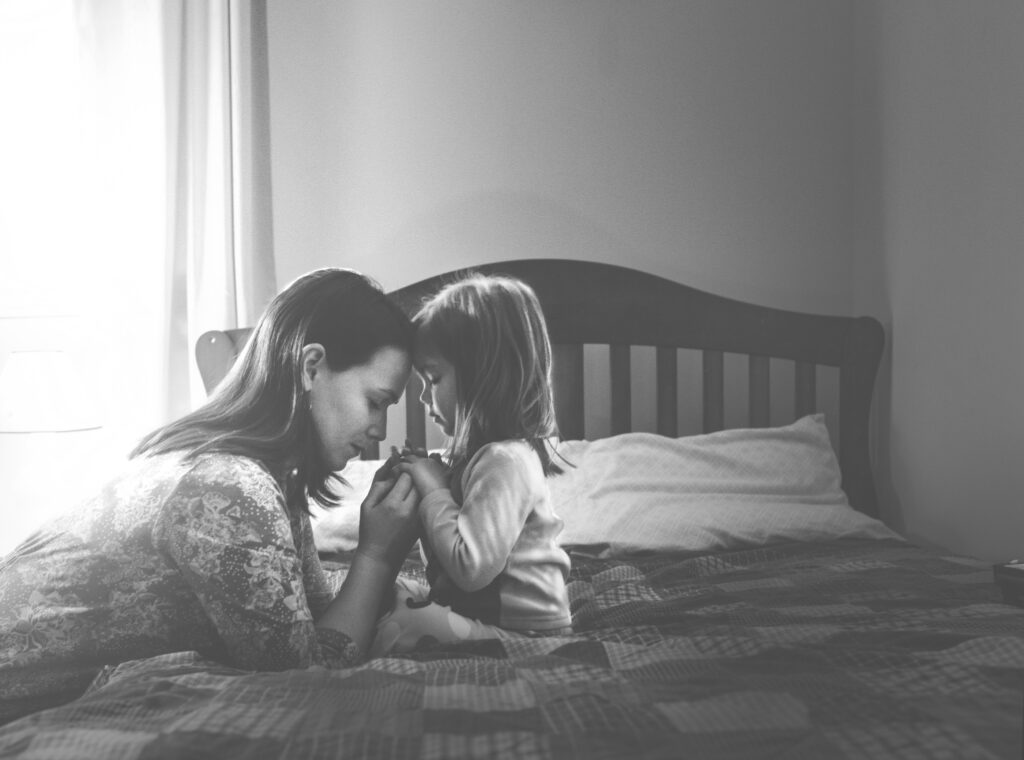Blog 14 Words From A Shepherd’s Heart
We’ve come through the “happiest time of the year” but it may not seem so happy right now. The busyness of the holidays can often just delay grief and sorrow but can’t put it off forever. You or your family may have family members or friends who have died or you may be going through another kind of grief like a move, changing jobs or schools, or a loved pet who has died.
January 1st, 29 years ago, my sister died suddenly from an aneurysm. She was 16 years old and I was 19. I remember having moments of tears and laughter as family came to stay with us and help us prepare for the funeral. There was comfort in our shared grief as we ate together and mourned together. All too soon, though, everyone had to head back to their lives and I started another semester of university. I felt that I was given a week, maybe two, to grieve and then it was to be tucked away as life rolled on as normal. The problem was life was no longer normal and I became frozen in my grief.
I know much more about grief now, although I am still figuring out how to grieve in my own life. Almost 30 years later I now realize that I will be grieving for the rest of my life but it takes on a different shape as the years move on.
Over my few years in ministry, I have been asked to supply resources for parents whose children are grieving the death of a parent, a sibling, or another family member. As I’ve researched some different resources, there are some things I wish someone had helped me understand 29 years ago (or even the years following).
Healing from the pain of loss involves grieving. This means that grieving is important. We need to acknowledge our loss and have places to express it. For our children, we want to acknowledge their losses – the big and the small. Even losses that don’t seem like a big deal to us can be significant for them. For example, starting a new school may mean the loss of friends or places that were known and comfortable.
For children, it’s important that they see adults modeling grief appropriately. We often try to distract ourselves from the pain of grief and can do the same for our children. This leads to unhealthy ways of coping with the pain but it doesn’t go away by just focusing on something else. Give yourself and your child permission to feel the feelings of grief and to express them through different emotions (like anger, doubt, regret, fear, guilt, and confusion).
It may mean teaching our children how to express themselves by identifying emotions. Using an emotions chart may be helpful (here’s a link for different ones). For many children, they may not have the vocabulary needed to talk about their grief and drawing, playing, or writing things may be more helpful. It may seem abstract to us but for them it could be a key way of expressing their grief. It may mean taking them to a grief counselor or place where they can feel safe expressing these things.
We can be happy and sad at the same time. We may feel like crying one moment and then laugh at a joke in the next – that’s okay! There is no one-way to feel and we cannot put expectations on what grief will look like for ourselves or our children. Children, especially, may go through a roller coaster of emotions, which can feel confusing. Let them know it’s okay to feel that way and share that you feel like that too, sometimes.
God is with me in my grief. We can be real with God about our feelings, grief, and pain. Sometimes we can spiritualize our grief and make some emotions “good” and others “bad.” God gave us these emotions – all of them – and gives us permission to be real about them with him. We can say to God, “God, I feel so angry right now!” or “God, I’m sad and wonder if I’ll ever be happy again.” We can come to God in our grief and hurt and know that he will never leave us. Pray these kinds of prayers with your child to let them know that God is there and is grieving with them, too.
Remembering is important. Having time during the year to remember a loved one who has died is not a sign of being “stuck” in grief but of being able to remember them and acknowledge our loss. Because the anniversary of my sister’s death is on a holiday, it was pushed to the side and not acknowledged. I am learning ways to remember her on that day but also on other days, like her birthday and at Blue Christmas services.
For children, having ways to remember your loved one together could be a big step in helping them grieve. Here are some ideas from a grief counseling resource*:
Memory Box: use a shoe box or any other box that your child can decorate and use to hold pictures of their loved one. They could be photographs, pictures they draw, letters they write, anything that they would like to put in the box. It could even be objects that have a special memory or meaning for them.
Memory Meal: Have a meal with some of your loved ones’ favorite dishes or dishes that you had during special moments with them. It can be a time to share those memories with each other during the meal.
Memory Objects: For children, sensory and tactile items can be very helpful in expressing grief. Make a blanket or pillow from clothes of the loved one. Keeping a special clothing item or object of the loved one may also be important.
Memory Ceremony: This may be offered by your church, such as a Blue Christmas service, or you could have your own ceremony at home with family and friends. Involve your child in what to do during the ceremony. Having a candle to light, a song to sing, or a poem to read might be a way of making it meaningful.
I pray that you and your family are able to pause and acknowledge your grief and sorrow in healthy and life-giving ways this season. Grief isn’t comfortable but it is an important part of how God has made us. We need to express sorrow over the losses we experience in life. You are not alone! *Taken from Grief Counseling: The Companioning Model by Alice Kaplan, M.S.W.

Resources for Parents of children who are grieving the death of a loved one:

